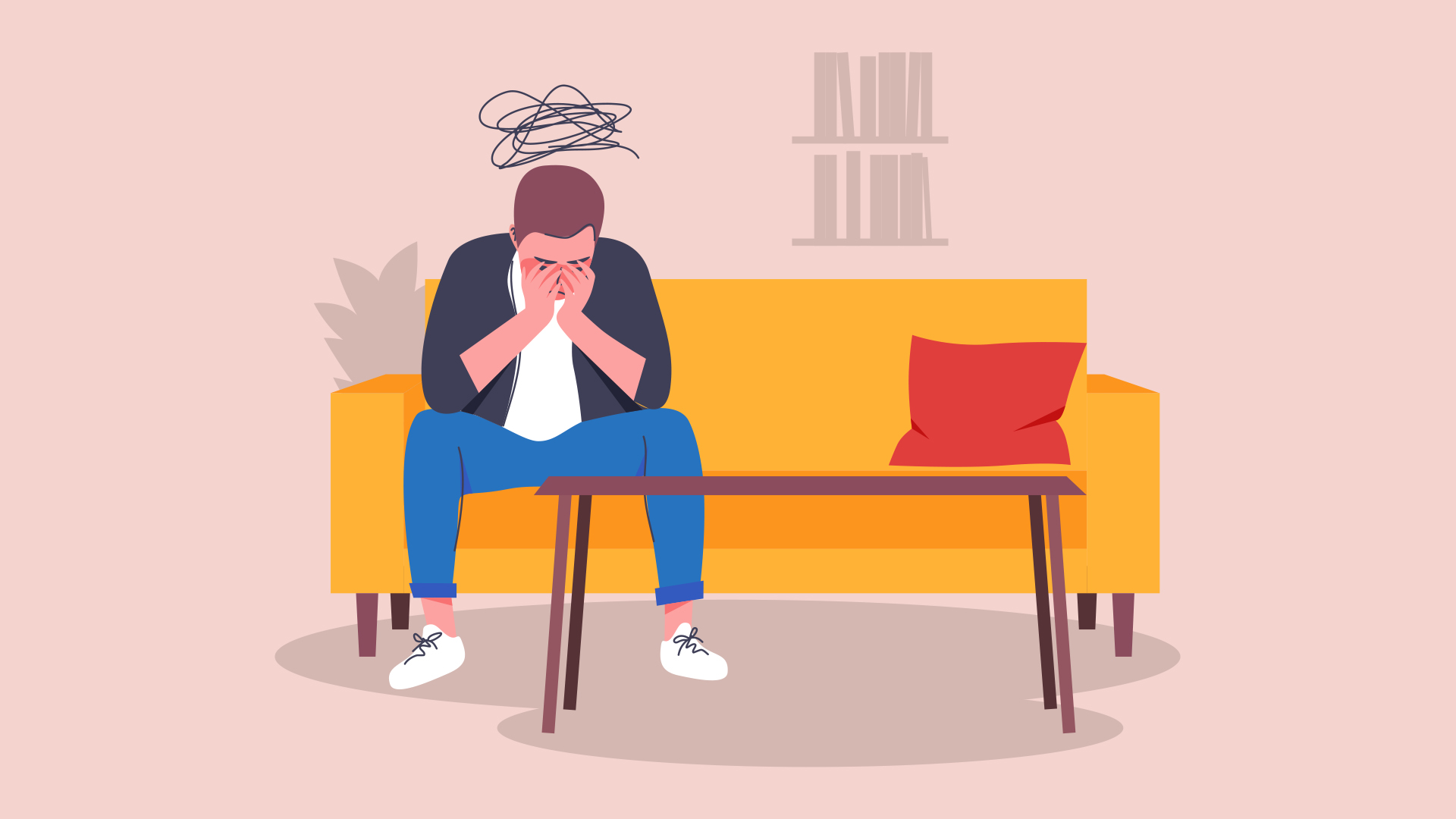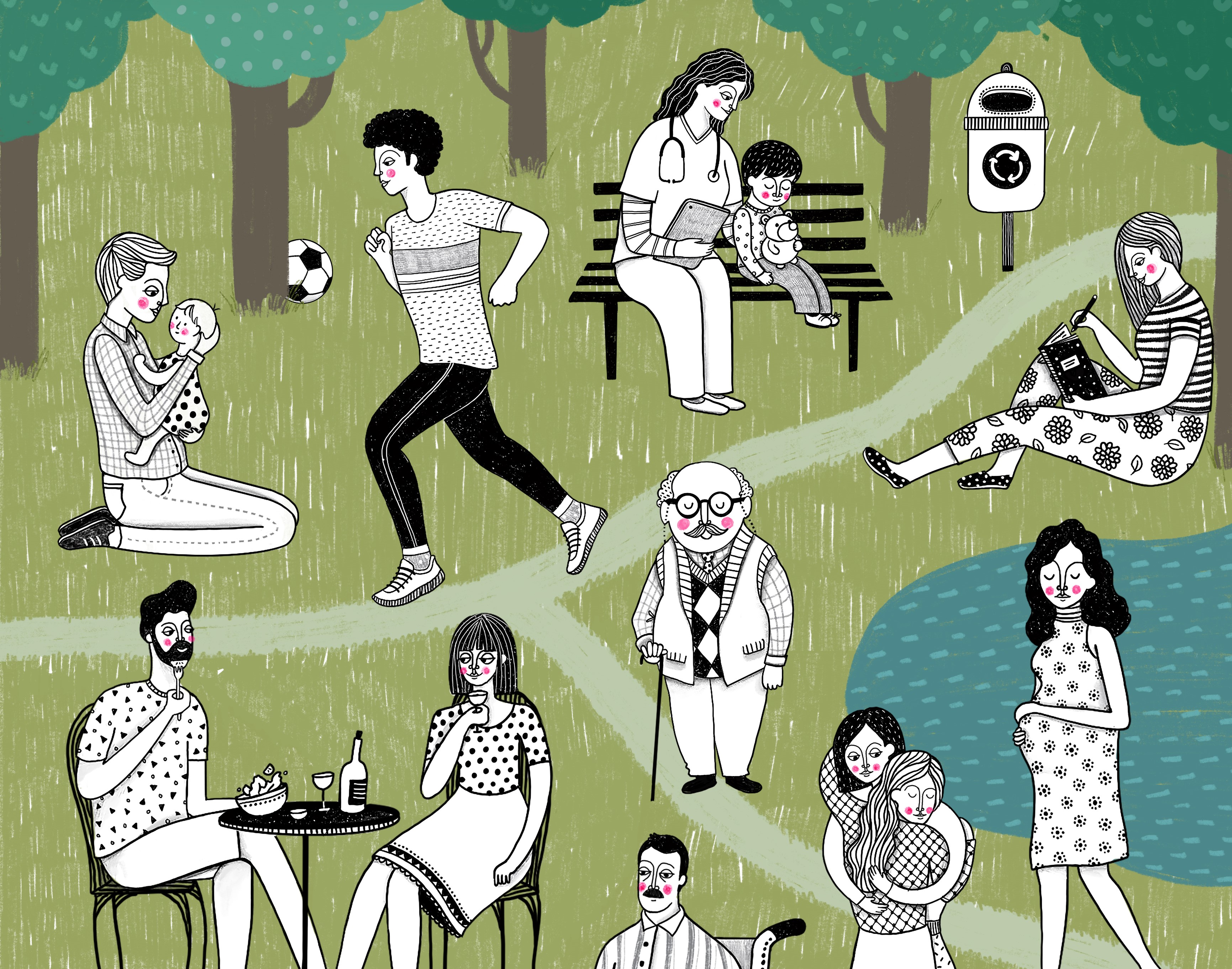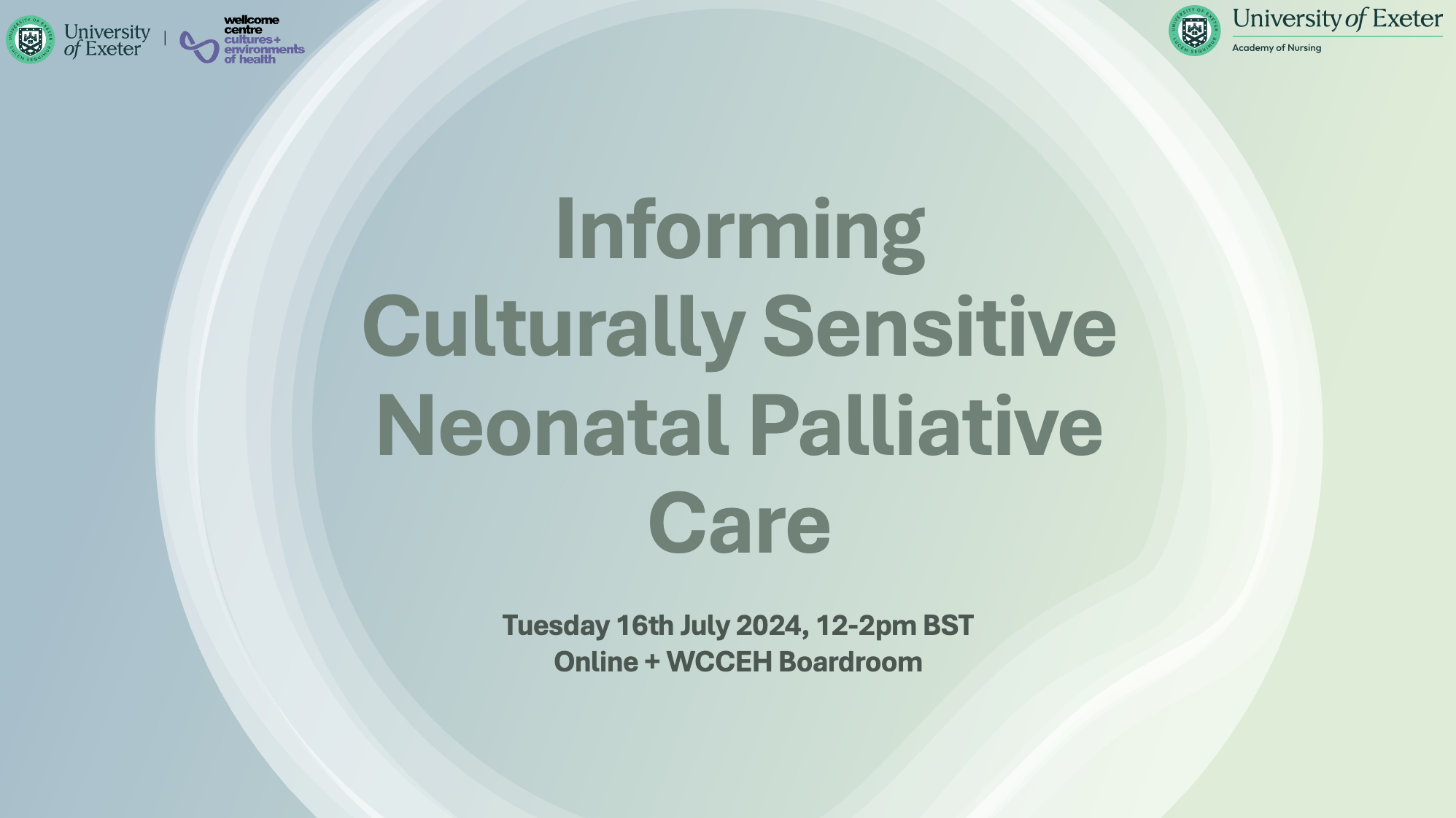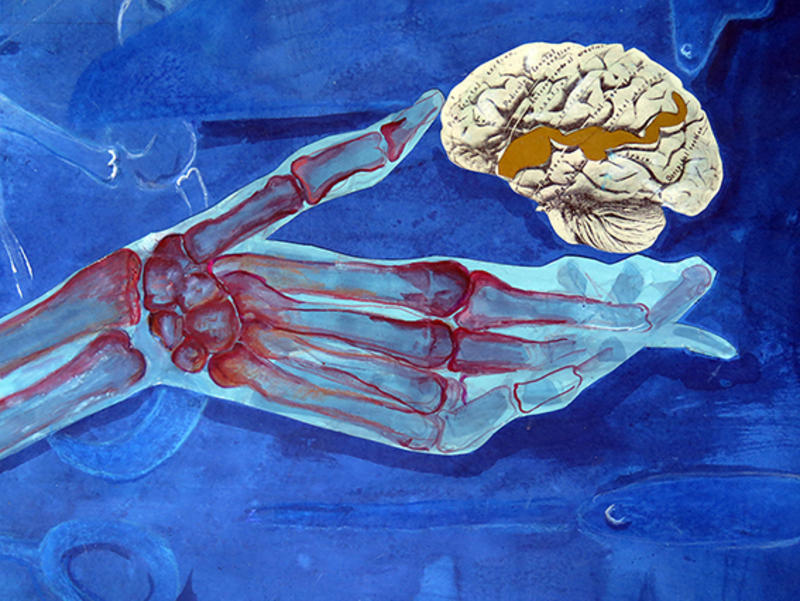When silence is not a virtue: how traditional masculinities keep men from seeking mental health advice

When Giancarlo Gaglione’s brother, Lanfranco, died by suicide at the age of 26, it came like a lightning bolt out of the blue. None of his family or friends had noticed anything different about him leading up to the moment he took his own life, and he only confided briefly, a week before, in two people: his best friend and his girlfriend.
On the occasion of World Mental Health Day, 10 October, WHO/Europe focuses on how masculinity norms can discourage men from recognizing and seeking help for mental health problems. A new Health Evidence Network (HEN) report on Mental health, men, and culture, launched by the WHO Regional Office for Europe, gives concrete recommendations on how policy-makers can address certain mental health issues arising from traditional patterns of masculinity.
Across the Region, suicide rates among men are approximately 3 times higher than among women. These high rates are often linked to traditional masculinity factors, such as not talking about feelings. But the degree to which the cultural contexts of masculinity norms impact on help-seeking in relation to mental health has not yet been systematically explored.
The HEN report on Mental health, men, and culture is the first comprehensive review of this topic. Building on WHO/Europe’s Strategy on the health and well-being of men in the WHO European Region, the report examines available academic literature, in English and Russian languages, on how sociocultural constructions of masculinities relate to men’s mental health help-seeking behaviour in the Region. The analysis from the report highlights some key themes pertaining to the role of culturally constructed masculinities.
Reframing help-seeking within traditional masculinity norms and rethinking masculinity
Changing the culture around help-seeking behaviours in men requires more gender-transformative health promotion. This would help to redefine harmful gender norms, challenge gender stereotypes and develop more equitable gender roles and relationships.
For instance, some successful interventions have reframed help-seeking as a strength rather than a weakness (requiring courage, action and independence), or as a means of regaining valuable attributes (moving from dependence to independence). In fact, the report notes that those men who do not identify strongly with traditional masculinity are more likely to seek help in relation to mental health. Changing the way media depicts what it means to be a man, for instance, by emphasizing the values of fatherhood or friendship, rather than aggressiveness or an individual code of honour, will play an important role in helping society rethink masculinity.
“My brother, just like many men around Europe, he suffered in silence. For the few months up to where he took his own life, he didn’t tell anyone. He was that brave, strong man, who could take on the world.”
Policy considerations
While there are no simple solutions to the many complicated factors that impact on men’s help-seeking behaviours, the report does offer some ideas for policy-makers to consider.
These include:
- supporting the mental health needs of the most vulnerable or at-risk subpopulations of men by tackling the root causes of disconnection and isolation;
- promoting collaboration and partnerships between the health sector and community organizations working with diverse male constituencies on a range of projects;
- co-creating male-friendly initiatives with those most in need, in order to tailor interventions around their values, customs and priorities; and
- promoting appropriate online support forums.
To find out more about the report, and Giancarlo and his brother’s story, you can watch the WHO Culture and Health webinar series 2019 – ‘Man Up’: Masculinities and mental health help-seeking behaviours, and download the HEN report on Mental health, men and culture and its summary.




